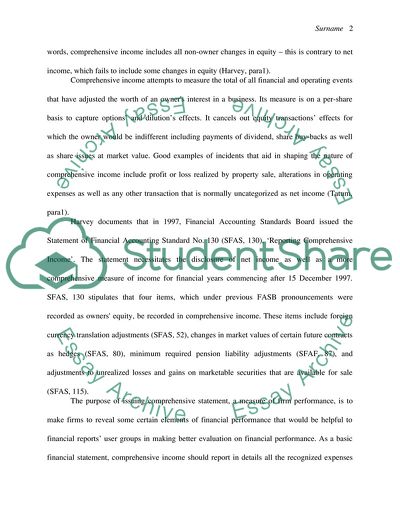Cite this document
(“The Relevance of Comprehensive Income Research Paper”, n.d.)
The Relevance of Comprehensive Income Research Paper. Retrieved from https://studentshare.org/finance-accounting/1739882-the-relevance-of-comprehensive-income
The Relevance of Comprehensive Income Research Paper. Retrieved from https://studentshare.org/finance-accounting/1739882-the-relevance-of-comprehensive-income
(The Relevance of Comprehensive Income Research Paper)
The Relevance of Comprehensive Income Research Paper. https://studentshare.org/finance-accounting/1739882-the-relevance-of-comprehensive-income.
The Relevance of Comprehensive Income Research Paper. https://studentshare.org/finance-accounting/1739882-the-relevance-of-comprehensive-income.
“The Relevance of Comprehensive Income Research Paper”, n.d. https://studentshare.org/finance-accounting/1739882-the-relevance-of-comprehensive-income.


